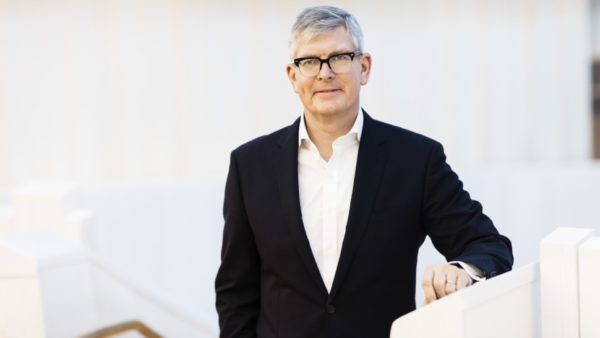
5G, the next generational cellular mobile network, will find the most applications among enterprises wanting to adopt it for its ultra low latency and high data speeds.
These benefits offer service operators and telcos new revenue and growth opportunities, said Ericsson Group’s president and CEO Borje Ekholm.
Giving an update on the Swedish company’s 5G business, Ekholm said Ericsson has booked 18 5G commercial deals globally and shipped three million 5G-ready radios. In Singapore, Ericsson is working with Singtel to create a 5G innovation centre and pilot 5G coverage.
5G deployment, albeit with limited coverage, is already available in some countries including the United States, Australia and South Korea.
Ericsson believes more deployments are emerging and is readying itself to catch the next swell in 5G deployment by continuing to invest in security, enhance its security integrity and beef up its supply chain.
Ekholm pointed out that globally, cellular mobile infrastructure is buckling due to the hike in data traffic, which is doubling every 18 months.
Mobile operators need greater capacity and bandwidth to support data growth, he added. As they expand their networks, they also need to achieve better cost efficiencies, he noted.
5G offers a good solution because it promises latency that is lower by as much as 10 times and high data speeds of more than 10Gbps for data peak rates.
Applications will benefit the enterprise market, going beyond the consumer market, especially as mobile operators leverage the connectivity between thousands of sensors and mobile devices.
However, concerns about 5G security issues have dampened the business, with some customers delaying making any investments while at the same time trying to get greater clarity on the controversy, said Ekholm who was in Singapore last week.
The security concerns arose from suspicions that Chinese telecom equipment maker Huawei will share sensitive information flowing in its networks with the Chinese government. Observers believe that Ericsson will benefit from this controversy as it is one of the key 5G equipment vendors.
The reality, said Ekholm, is that the security concerns are sowing uncertainties, which do not do benefit any company in the industry. Governments would want to scrutinise the security issue closely as it would be very costly to make any changes once a vendor has been selected, he noted.
That said, Ericsson’s order books have yet to see any impact, he stressed. Asked if Ericsson will open up its security source code for examination as a way to assuage security concerns, Ekholm said this was not so easily done.
“Mobile software is developed and deployed in a continuous fashion,” he explained. “Upgrades are carried out every two weeks, we can’t afford to hold them back because some of the software plugs security holes or responds to other security issues, so quick deployment is needed.”
Plus, there is no way to test every upgrade, he added. “It is not practical solution and it’s not a silver bullet. We’ve to build security into the software development, and ensure that it works well.”






